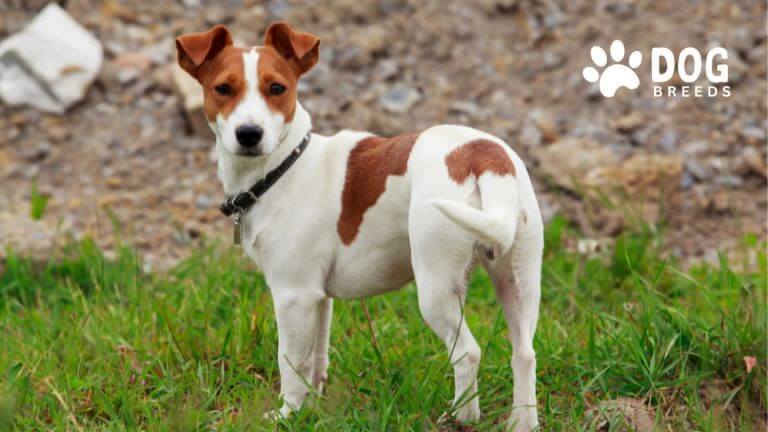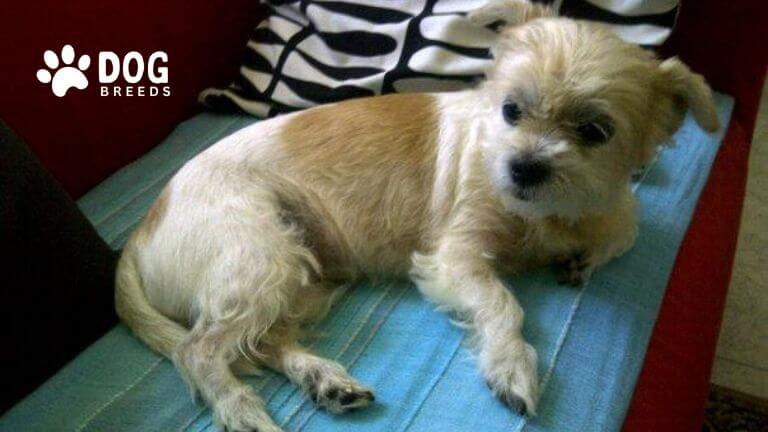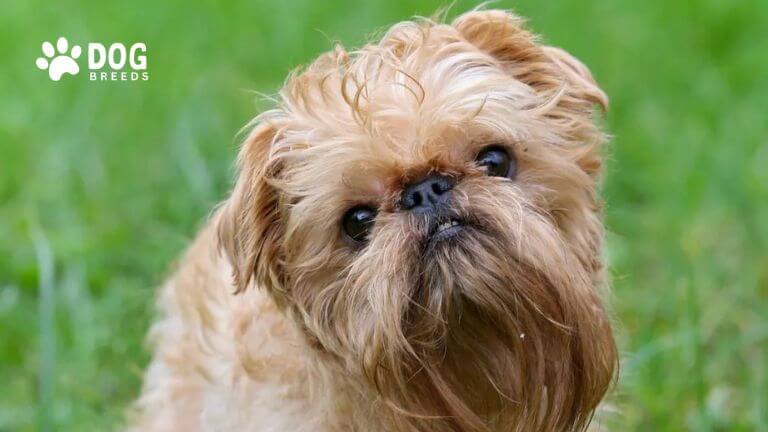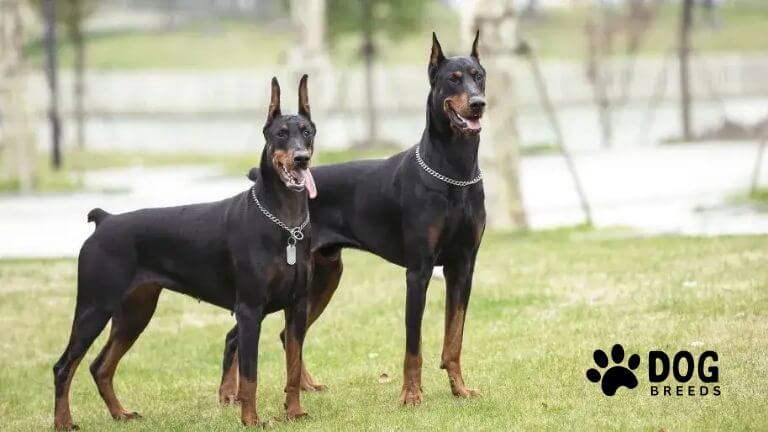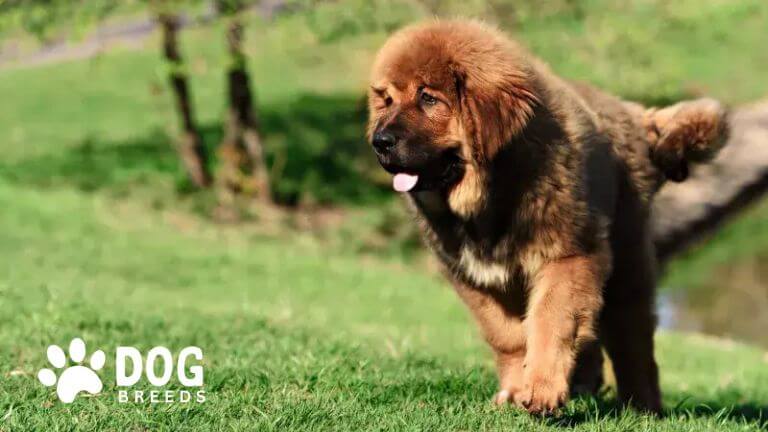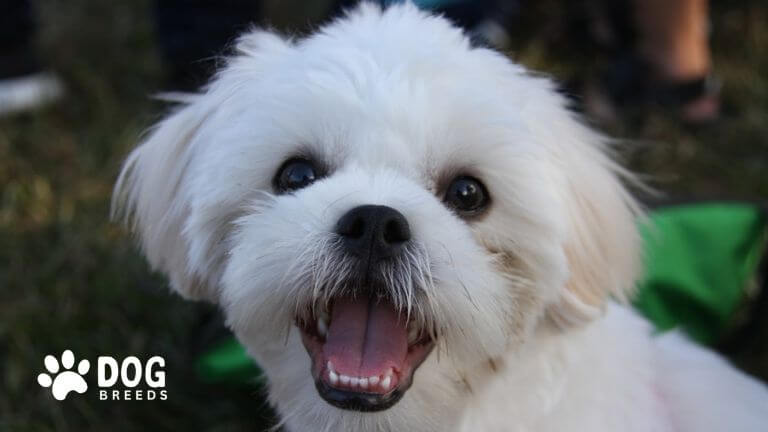Russell Terrier Dog Breed: Guide to Care, Training & Traits
The Russell Terrier is a small, energetic, and intelligent dog with a big personality. Known for its boundless energy and affectionate nature, this breed is a favorite among dog enthusiasts looking for a lively companion. With roots in fox hunting and history intertwined with the Jack Russell Terrier, the Russell Terrier brings a unique blend of athleticism and charm. This guide provides a comprehensive overview of the breed, including its history, care needs, and tips for ownership.
Russell Terrier Dog Breed Overview
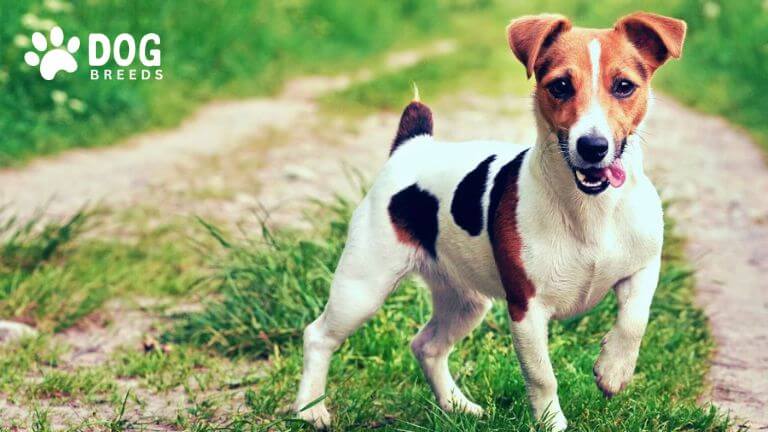
| Origin | Developed in England in the 1800s for fox hunting, closely related to the Parson Russell Terrier. |
| Size | Small; typically 10–12 inches tall at the shoulder. |
| Weight | 9–15 pounds. |
| Coat | Smooth, broken, or rough coats; weather-resistant and dense. |
| Color | Predominantly white with black, tan, or tricolor markings. |
| Lifespan | 12–14 years. |
| Temperament | Energetic, intelligent, and confident; affectionate with family but may show independence. |
| Exercise Needs | High; requires daily vigorous activity, such as long walks or agility games. |
| Grooming | Low maintenance; regular brushing is sufficient, with occasional bathing and nail trimming. |
| Health Concerns | Prone to patellar luxation, deafness, and lens luxation; generally a healthy breed. |
| Trainability | Intelligent but may be stubborn; responds well to positive reinforcement and early socialization. |
| Compatibility | Great with active families; needs supervision around small children or pets due to hunting instincts. |
History and Origin
The Russell Terrier was originally bred in England for fox hunting. Revered for their agility and determination, these dogs share ancestry with the Parson Russell Terrier, though they are shorter-legged and slightly smaller. Over time, the breed gained recognition in the United States as a distinct type, celebrated for its lively spirit and versatility in various dog sports.
Physical Traits
Russell Terriers are compact and muscular, standing 10–12 inches tall and weighing 9–15 pounds. Their coats can be smooth, broken, or rough, and they come in white with markings in black, tan, or both. Their almond-shaped eyes and expressive faces add to their charm.
Temperament
This breed is spirited, playful, and highly intelligent. Russell Terriers thrive on companionship and are known for their affectionate and loyal nature. However, their independent streak and strong prey drive mean they require consistent training and mental stimulation.
Care Requirements
Exercise Needs
Russell Terriers are high-energy dogs that need daily exercise to stay happy and healthy. Activities like agility training, long walks, and fetch games are ideal for burning off energy. Without proper physical and mental stimulation, they may resort to destructive behaviors.
Grooming Tips
Their coats are low-maintenance but require weekly brushing to keep them clean and healthy. Regular nail trimming, ear cleaning, and dental care are essential. While they shed moderately, consistent grooming can help manage loose fur.
Nutrition
A high-quality dog food tailored to small, active breeds is best for the Russell Terrier. Portion control is important to prevent obesity, as they can easily overindulge. Including lean proteins, healthy fats, and fibre-rich carbohydrates ensures balanced nutrition.
Health and Lifespan
Common Health Issues
The Russell Terrier is generally a healthy breed but may be prone to specific conditions like:
- Patellar luxation: Dislocation of the kneecap.
- Deafness: A genetic condition in some lines.
- Eye problems: Including lens luxation and cataracts.
Preventative Care
Regular veterinary check-ups, vaccinations, and dental hygiene play a key role in preventing health issues. Monitoring their weight and maintaining an active lifestyle also contribute to their overall well-being.
Lifespan
With proper care, Russell Terriers typically live 12–14 years.
Training and Socialization
Intelligence and Learning
Russell Terriers are quick learners but can be strong-willed. Early training is crucial to curb undesirable behaviors. They respond best to positive reinforcement methods, such as treats, praise, and playtime.
Socialization Tips
Expose them to various people, pets, and environments during puppyhood. This helps reduce fear or aggression and builds a well-rounded, confident dog.
Lifestyle Compatibility
Ideal Living Conditions
Russell Terriers adapt well to homes with space for running and playing. They are best suited for active families or individuals who can dedicate time to exercise and training. While they can live in apartments, access to outdoor areas is necessary.
Compatibility with Children and Other Pets
They are good with children but require supervision to ensure play remains gentle. Their high prey drive may pose challenges to small animals like rabbits or hamsters. However, with proper socialization, they can coexist peacefully with other dogs.
Fun Facts
- The Russell Terrier’s fearless nature makes them excellent in dog sports like agility and earth dog trials.
- They were originally bred to fit into foxholes during hunts.
Conclusion
The Russell Terrier is a small dog with a big personality, perfect for active families and individuals who can match their energy. With proper care, training, and love, they make loyal and entertaining companions. Explore breeders, shelters, or adoption services to welcome a Russell Terrier into your home and enjoy the lively spirit they bring.
There are plenty of dog breeds to suit all kinds of lifestyles and homes. With a little research, you can find your next best friend!
FAQs
Are Russell Terriers hypoallergenic?
No, they are not hypoallergenic and may shed moderately.
How much exercise does a Russell Terrier need?
At least 30–60 minutes of vigorous exercise daily.
Is the Russell Terrier suitable for first-time dog owners?
Their energy and independent nature may be challenging for inexperienced owners but rewarding with proper effort.
Are Russell Terriers good dogs?
Yes, Russell Terriers are excellent dogs for the right owner. They are intelligent, loyal, and highly energetic, making them ideal companions for active families or individuals. They thrive in environments where they receive plenty of physical and mental stimulation. Their friendly and affectionate nature makes them great with children when socialized properly. However, due to their strong prey drive and independent streak, they require consistent training and supervision, especially around smaller pets.
Do Russell Terriers shed?
Yes, Russell Terriers do shed, but the amount depends on their coat type. Smooth-coated Russell Terriers tend to shed moderately year-round, while rough-coated or broken-coated ones may shed less but require more grooming to manage their fur. Regular brushing, about once a week, can help reduce shedding and keep their coat healthy.
Do Russell Terriers bark a lot?
Russell Terriers are known to be vocal dogs. They often bark to express excitement, alert their owners to potential intruders, or when they are bored. This behavior is rooted in their history as working dogs bred for hunting, where barking was essential for communication. Proper training and sufficient exercise can help manage excessive barking.
Are Russell Terriers hyper?
Yes, Russell Terriers are considered a high-energy breed. They are incredibly active and need plenty of exercise to burn off their energy. Activities like agility training, fetch, or long walks are ideal to keep them physically and mentally engaged. Without adequate stimulation, their hyperactivity can lead to unwanted behaviors like chewing or digging.
- Why Are Dalmatians Not Popular? Uncovering the Truth Behind the Rarity of This Iconic Breed - April 16, 2025
- Top 15 Chinese Dog Breeds: Discover the Best Dogs from China - April 14, 2025
- Dalmatian Dog Breed: History, Care, Personality & Health - April 3, 2025
